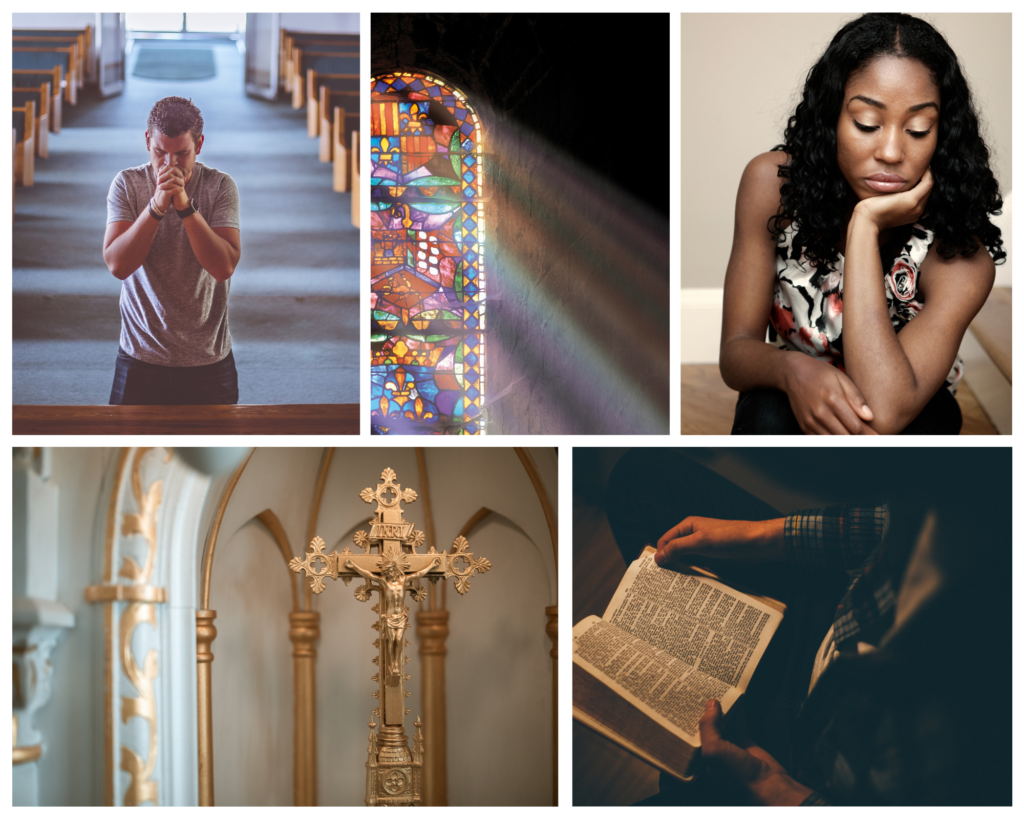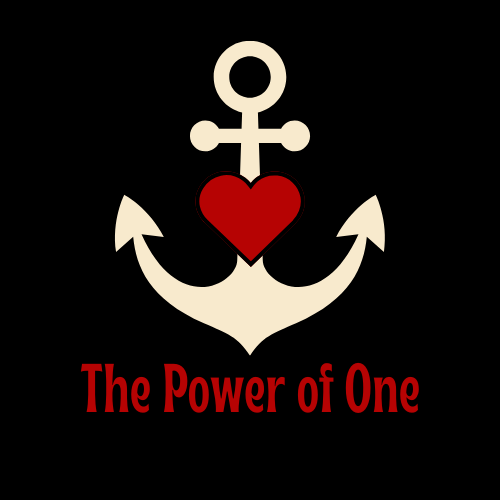Your cart is currently empty!
A Finger Pointing at the Moon: Breaking Open Christian Belief

I’ve said in previous posts that Catholicism is a color in my palette as a life artist. Lately, I am seeing that the tradition constitutes quite a lot of the colors. While I’m inspired by Zen Buddhism and yoga and shamanic practice, the Catholic Church continuously compels me in both its beauty and its hideousness, its potential as a force of peace and justice as well as its dark reality. My ancestors, both by choice and by domination, were Catholic. It’s in my blood and bones, singing the melody over the drone hum of the sacred groves and jungle shrines of my pre-Catholic ancestors.
It was the summer before my wedding in 2021. I was in the parking lot after my shift at the small retail outfit where I’d just begun working. Behind the closed doors of my car, I hurled my complaints at Christ. “Your Church is a mess! It’s rotten! It’s hideous! I hate everything about it, and I want to leave! What do you say to that, Yeshua?”
I fell silent, tears streaming down my face, sweating from the August heat. And then a voice quietly spoke in my inner ear: “Elena, will you help me rebuild my Church?”
Stunned, and still angry, I said, “Do I look like a Francis of Assisi to you? Me? What do You mean?”
I sensed a presence with me, chuckling. And then silence. I slumped in my car seat. “Who am I that You ask this of me? But I know You. And because You’re the one asking, I can’t help myself. So, yes. I’ll help You.”
And from the moment I said yes, I ran from the request. I went to Mass internally kicking and screaming until I stopped going. When I went to residential at the end of January 2023, I nearly became an atheist. I felt like I was deluding myself. I wanted no more illusions about the Great Mystery of Life that people call God. I wanted the truth. A year later, I feel closer to the truth now.
I’ve undertaken a project for myself: read the whole Catechism of the Catholic Church. To be clear, my faith is not dependent on this document. The content of my relationship with the True Self or Christ does not consist of doctrines and dogmas. I do, however, want to understand the architecture of Christian belief. Christ is real enough to me that I am now taking up the mission He invited me to with a sense of responsibility. But to me the Universal Church is so much larger than the Roman Catholic denomination.
1 John 4:7 says, “Beloved, let us love one another, because love is from God; everyone who loves is born of God and knows God.” The Church includes all those who truly love, no matter their creed or religion. If Christ is the pattern of all creation, the very life of all that is, then it stands to reason that the Body of Christ is cosmic and inclusive of everything in existence. A truly Eucharistic understanding of the world would mean acknowledging Christ in all things. And if that is the case, then the mission of the Christian community (all denominations included) must be to serve the Christ in all things.
My goal in understanding the architecture of Christian belief is not to tear down belief, but to show how belief does or does not point to the Ultimate Reality that is God. As a student of philosophy, I was taught the value of inquiry, critical thinking, and curiosity. I became very good at drawing out the implications of ideas. Doctrines and dogmas have consequences in the lived experiences of everyday people and in the structure and activity of the institution that promulgates them. Rather than argue against or for, I plan to do what I’m trained to do and draw out the implications and consequences of ideas.
There are many people who think that right belief is the key to eternal life. But a close reading of Scripture shows that an intellectual assent is insufficient. If we look at John 17:3, the gospel author has Yeshua saying, “Now this is eternal life: that they know you, the only true God, and Jesus Christ, whom you have sent.” The word translated as “know” is γινώσκω (ginóskó), which does not mean to believe. γινώσκω is “to come to know, recognize, perceive.” This is a word that calls us to see what is real. Perception of God is the goal. Seeing Christ in all things is the goal. Knowing God doesn’t have anything to do with mental gymnastics to make Him/Her conform to a belief.
So what does belief do for us?
It can do two things that are positive: 1) point us in the direction of awakening and 2) create order in our lives so that we can pursue that end. But what belief becomes when taken for absolute truth is delusion. Belief exists on the plane of the relative, which is the realm of language. And language has limitations by the very fact that its function is to separate one idea from another. The realm of the Absolute is beyond language and therefore beyond belief. You can think of belief like training wheels. They hold you up until you’re skilled enough to take them off. But if you never take off the training wheels, you’ll never know how to really ride a bike.
For the Christian communities throughout the world, right belief has become more paramount than the reality belief points to. Christians assent to the Trinity, but they don’t experience the Trinity as a reality in their lives. Christians say they believe in Jesus Christ, but their actions betray the fact that they do not know Him as a living presence within them. When you live inside the Trinity, when you realize the presence of Christ in yourself, when your spirit becomes one with the Holy Spirit, and you can truly say with Yeshua, “I and the Father are one,” that is the freedom of eternal life. That’s riding a bike without training wheels.
As far as content, I take Proverbs 25:11 as my guide: “A word fitly spoken is like apples of gold in a setting of silver.” I intend to write with as much charity as possible, even while I point out problematic consequences of certain Christian beliefs or ways of interpreting beliefs. It’s easy to be combative and aggressive, to insist on your own rightness and the wrongness of others. But that is the broad way that leads to destruction. Time will tell if the Spirit is in me. The fruits are “love, joy, peace, forbearance, kindness, goodness, faithfulness, gentleness and self-control” (Galatians 5:22-23).
Engaging with the doctrines, dogmas, and creeds of the Christian tradition will not be the only type of content I post on this blog, just to be clear. I plan to write about topics such as the teaching of the mystics, social justice, ethics, and more. I am still exploring the Divine Feminine, but I’m homing in on the Christian tradition to find Her there and bring Her to those who seek Her. I still want to create the ihidaya community I dream of. That will be my way of carrying out the request of Christ to rebuild His Church. The whole focus of my content will be toward that end. I hope for The Power of One to be powerful medicine for a sick world and a sick Church, not my medicine but Christ the Healer’s.
May your heart be awakened. Grace and peace to you.
